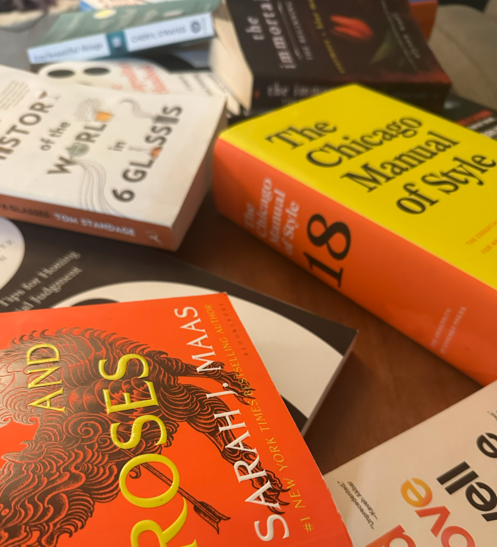



Classic Romance Reading Challenge for February
A themed reading challenge for February encourages readers to explore classic romance novels, celebrating love and heartbreak through iconic literary works. Suggested titles include Jane Eyre by Charlotte Brontë, Pride and Prejudice by Jane Austen, Breakfast at Tiffany's by Truman Capote, Wuthering Heights by Emily Brontë, and Romeo and Juliet by William Shakespeare. Readers can follow the challenge by starting with the most romantic stories and ending with the most dramatic for a full spectrum of romantic emotions.
